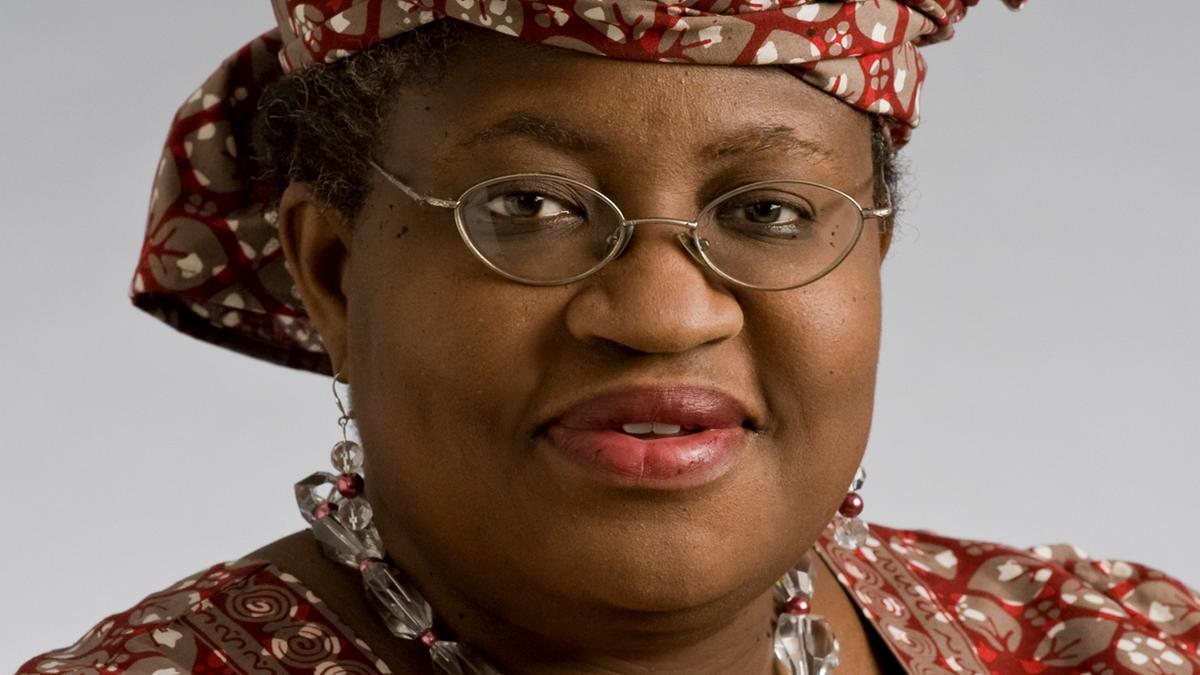At the recent World Economic Forum Annual Meeting in Davos, World Trade Organization (WTO) Director-General Ngozi Okonjo-Iweala discussed the need for governments to combat division by strengthening trade with all nations and how the organization can build on their 2022 goals.
The meeting was hosted by Switzerland, which became the first WTO member country to accept the Agreement on Fisheries Subsidies, which was put on the table at the 12th Ministerial Conference in 2022.
“A friend today may not be a friend tomorrow,” Okonjo-Iweala said in a recent WTO news release. “In order to allow growth to recover, we have to strengthen multilateralism. We have to strengthen cooperation. When you're building resilience, use it to bring in those who were at the margins of the global value chains, decentralize and diversify your supply chains to these areas.
“I always say that the future of trade is services, is digital, it's green, and it should be inclusive. When countries take steps to try to see how to decarbonize to get to net zero by 2050, I think you can only be supportive.”
There were 23 countries present at the Annual Meeting, which was held under the theme “Cooperation in a Fragmented World." During the week-long event; WTO officials, heads of state and government, high-level government officials, business leaders and academics met to discuss the role of trade in ongoing global issues.
The next Ministerial Conference will be held in Abu Dhabi in February 2024, and in the eyes of the WTO there are many areas that need work between now and then. Some topics include further negotiations on the Agreement on Fisheries Subsidies, response to the ongoing challenges from the COVID-19 pandemic, fragmentation of global trade, climate change and assisting developing nations.
The Agreement on Fisheries Subsidies was put on the table to stop government subsidies on fishing practices that are harmful to the environment, and it looks to put into place more sustainable fishing practices. It also addresses the need to assist developing countries in implementing these measures. The agreement will go into effect once two-thirds of the WTO members accept it.

